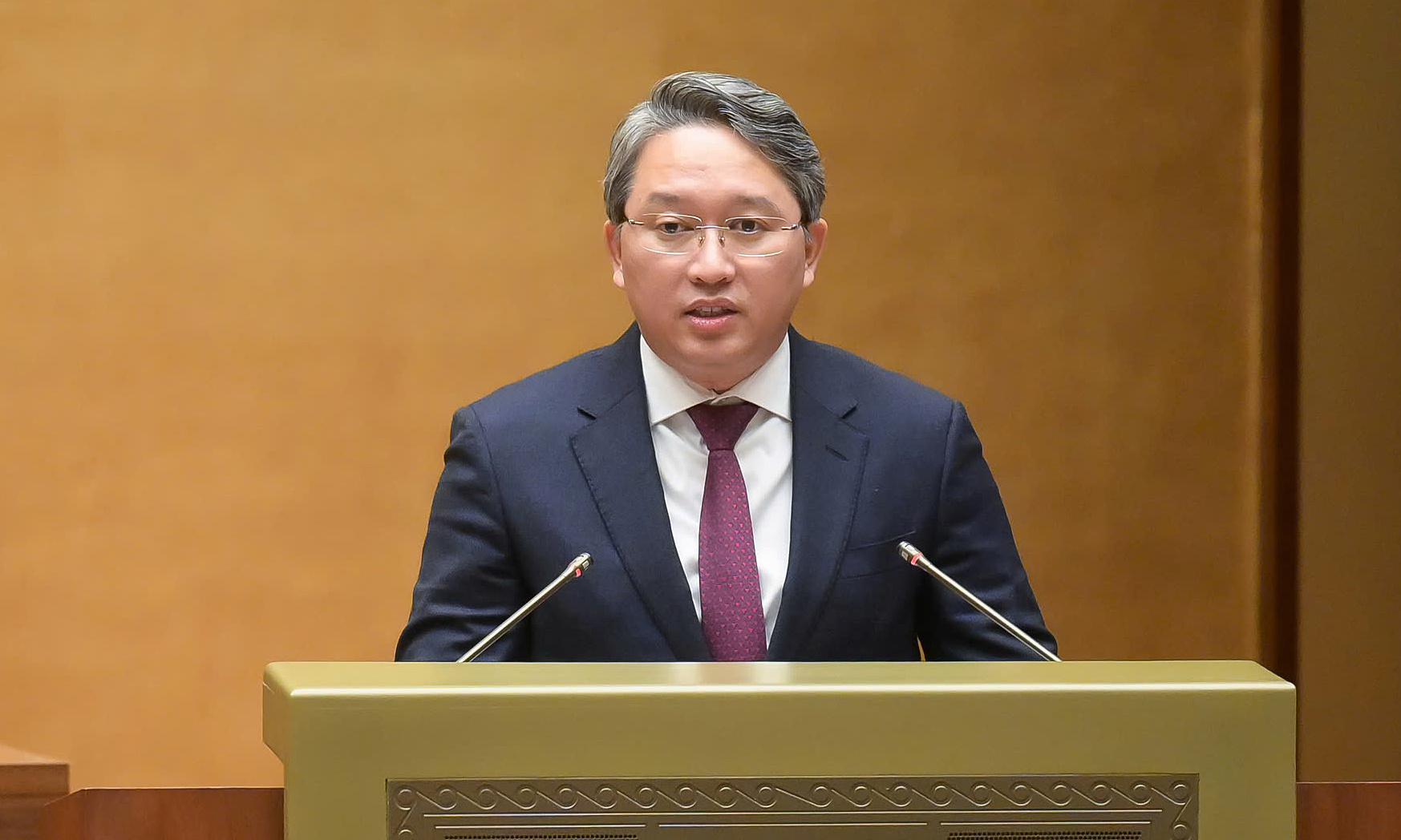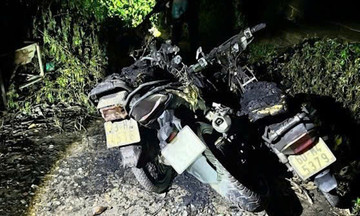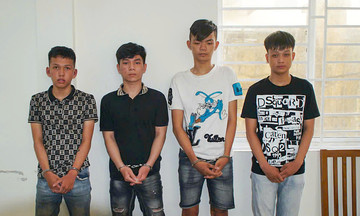The 8 crimes are: activities aimed at overthrowing the people's administration (Article 109); sabotaging the material-technical infrastructure of the Socialist Republic of Vietnam (Article 114); producing or trading counterfeit medicines (Article 194); illegal drug trafficking (Article 250); undermining peace and causing wars of aggression (Article 421); espionage (Article 110); embezzlement of property (Article 353); and bribery (Article 354).
Regarding the transitional clause, the law stipulates that death sentences issued before 1/7/2025 for the above 8 crimes that have not yet been carried out will not be executed. The chief justice of the Supreme People’s Court will decide to commute the death penalty to life imprisonment.
The National Assembly assigned the Supreme People's Court, in coordination with the Ministry of Public Security, the Ministry of National Defense, the Supreme People's Procuracy, and other relevant agencies, to review cases of individuals sentenced to death under these provisions.
Explaining this decision, Minister of Justice Nguyen Hai Ninh said one reason for removing the death penalty for these 8 crimes is that many of them had death penalty provisions, but these haven't been applied in practice for some time. The removal also serves international cooperation, especially as Vietnam strengthens cooperative relationships built on trust.
For embezzlement and bribery, after abolishing the death penalty, to ensure asset recovery and encourage confessions, the law states that those sentenced to life imprisonment can only have their sentences reduced if they voluntarily return at least 75% of the embezzled or bribed assets and actively cooperate with authorities.
 |
Minister of Justice Nguyen Hai Ninh. Photo: National Assembly Portal |
Minister of Justice Nguyen Hai Ninh. Photo: National Assembly Portal
Increased prison and fine penalties for some crimes
The newly passed law increases the minimum prison sentences for some environmental, food safety, and drug-related crimes, including: violation of regulations on hazardous waste management (Article 236); illegal drug production (Article 248); illegal drug possession (Article 249); illegal drug trafficking (Article 251); and violation of food safety regulations (Article 317).
The government stated that the increased penalties are appropriate for combating crime now and in the coming years. These penalties consider inflation and per capita income changes (the base salary increased by 2.04 times and per capita income by 2.02 times) between 2015 and the present.
New offense: illegal drug use
The amended penal code adds the offense of illegal drug use (Article 256a), targeting those undergoing drug rehabilitation or who have just finished rehabilitation but continue to use drugs illegally.
Drafters believe a stricter criminal policy is needed to reduce drug demand and break the supply-demand chain. This policy suits the context of increasing drug addiction rates. Drugs are a common cause of other crimes, such as theft, fraud, extortion, and robbery.
The government recognizes a trend of younger drug users. Young people are vulnerable to being lured into drug use to cope with life pressures. Without effective demand reduction measures, the potential impact on labor quality and future generations is a pressing concern.
The amended penal code will take effect on 1/7/2025.
Son Ha












